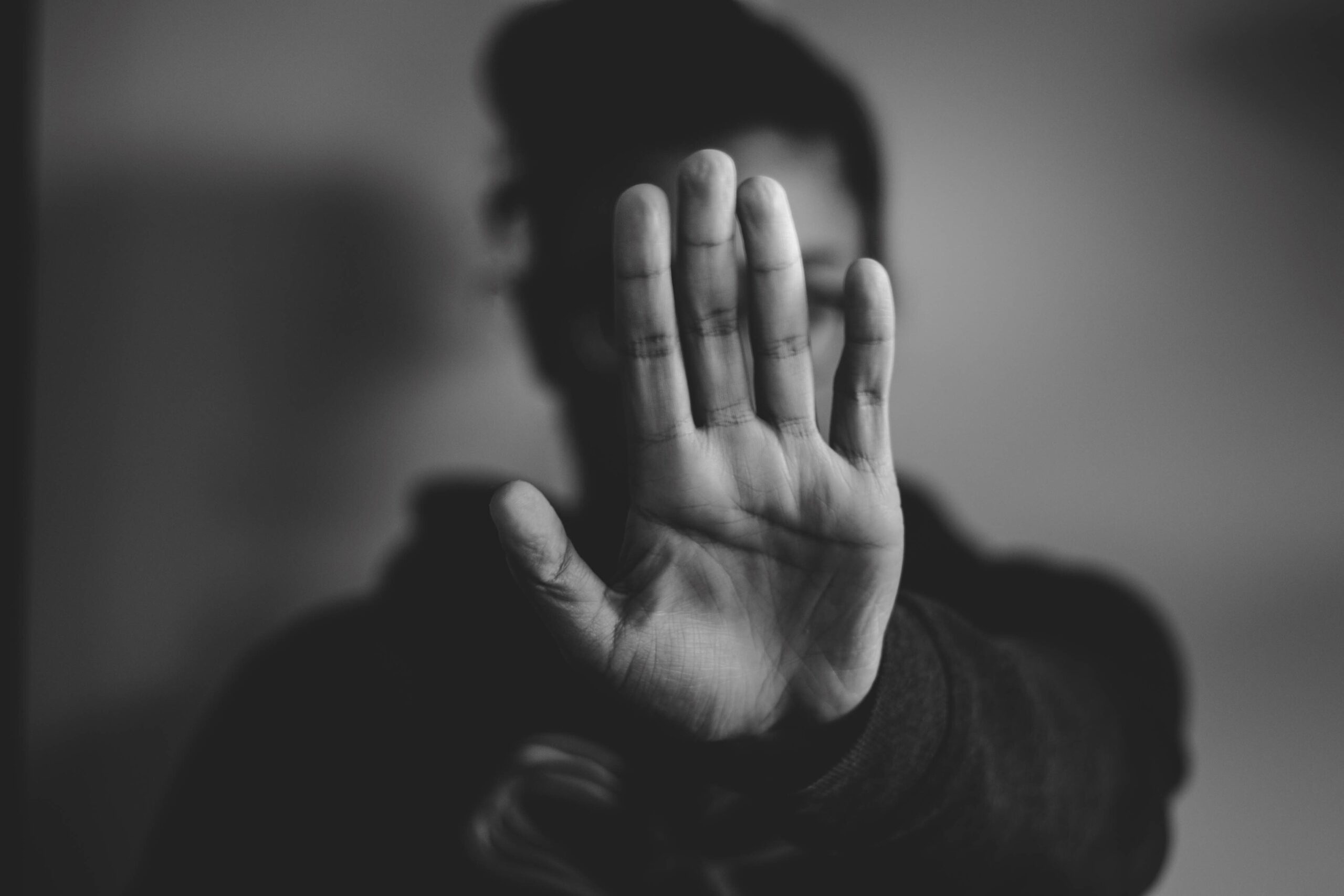
When is it okay NOT to be considerate?
Today’s blog is inspired by a few lovely clients and members who have been feeling taken for granted. What can we learn? Let’s dive into

Today’s blog is inspired by a few lovely clients and members who have been feeling taken for granted. What can we learn? Let’s dive into
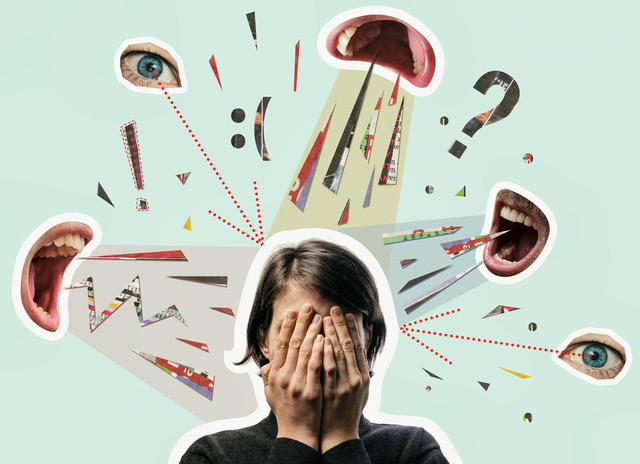
A big curly question for you this week, one that came up this week in the live weekly coaching session in the Wellbeing Warriors Coaching

How to stop caring what other people think Delightful client I’ll call “Evie”. A gentle sweet soul, making her way through life in a quiet

What goes on between our ears has the biggest determination over what goes on in our hearts and in our lives. One of the biggest
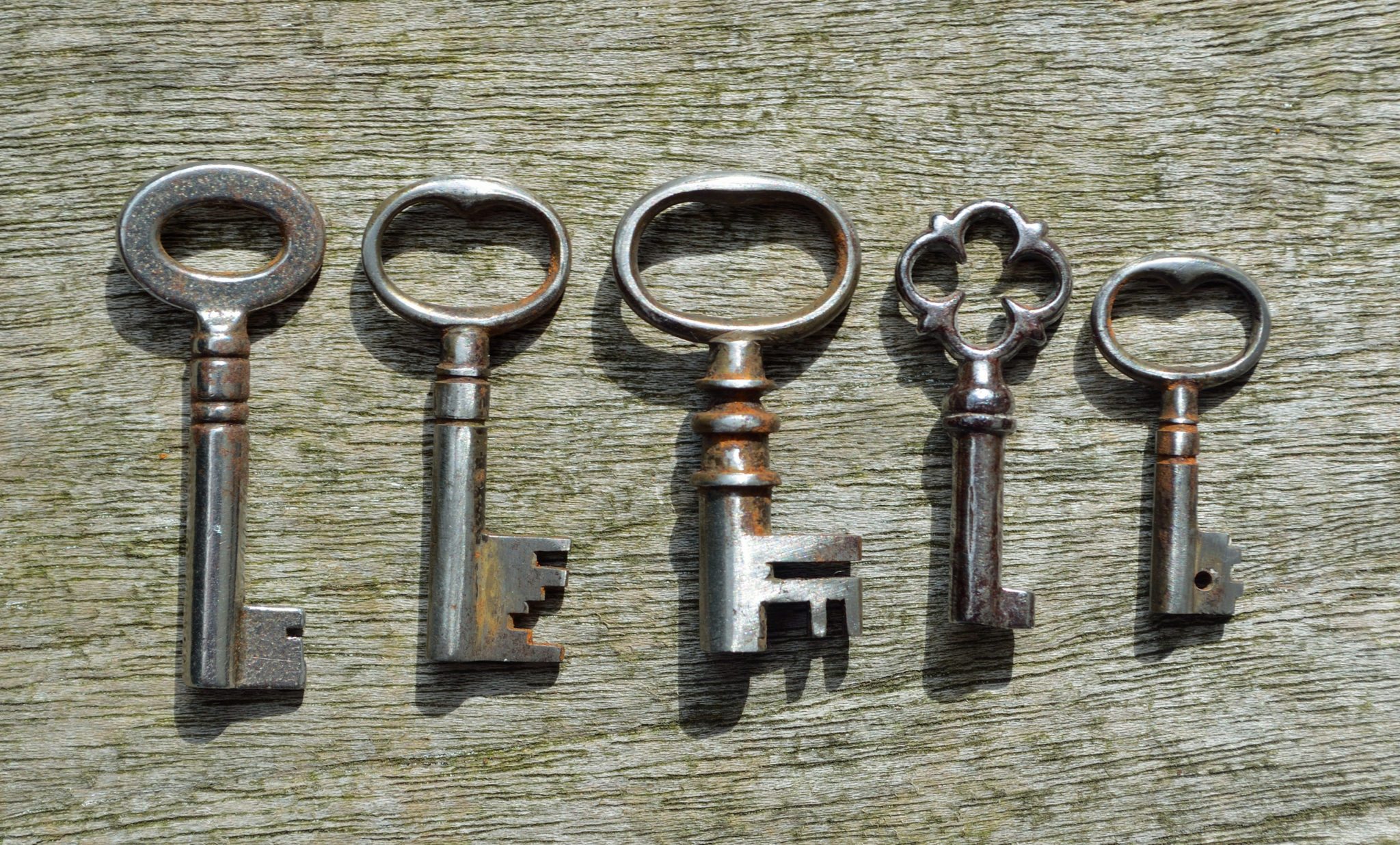
Here are the top 5 blog posts of 2017 – as voted by YOU! Is your favourite on the list? #1 Key Questions You
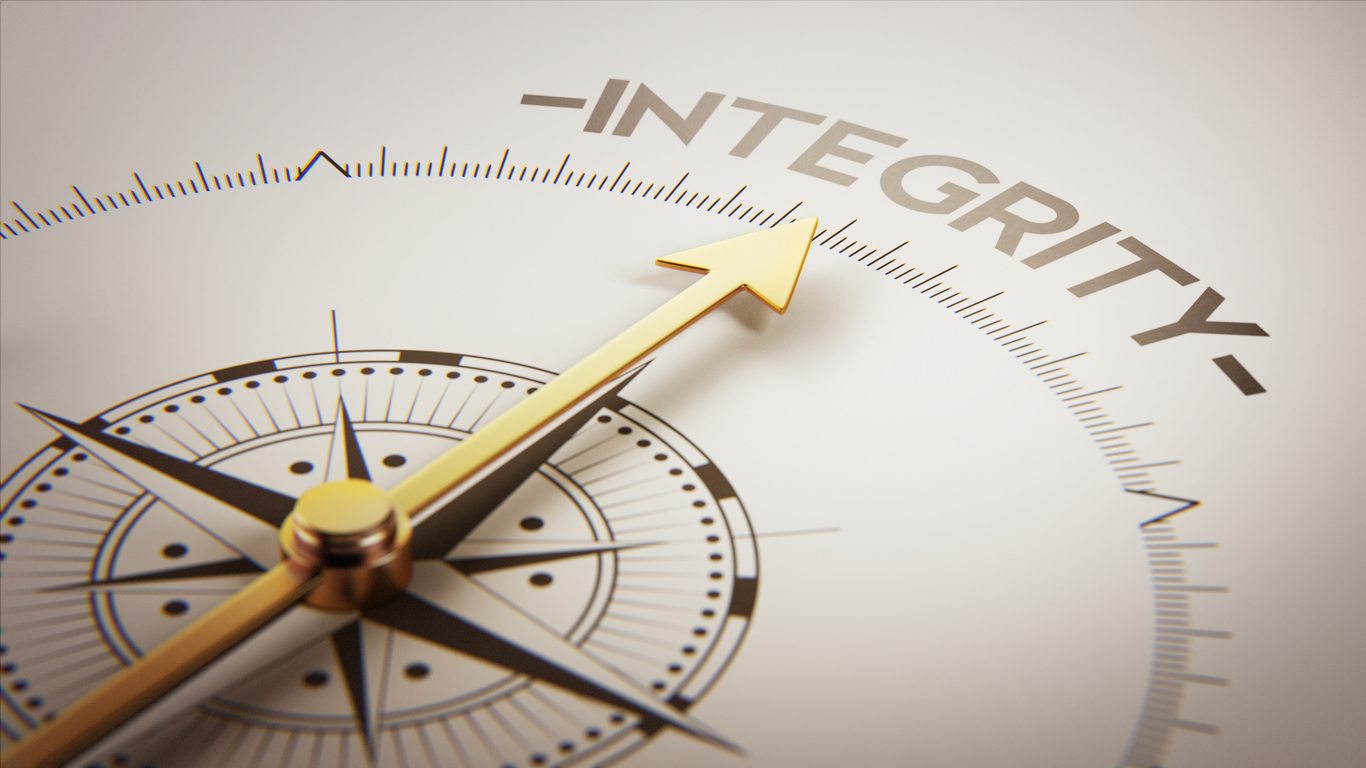
Seems like an obvious one but it’s so easily missed in our fast-paced world where a “white” lie sent by text is enticingly easy, and

There is a bit of a myth that happy people are naturally lucky and stuff just magically goes their way, that they are treading an
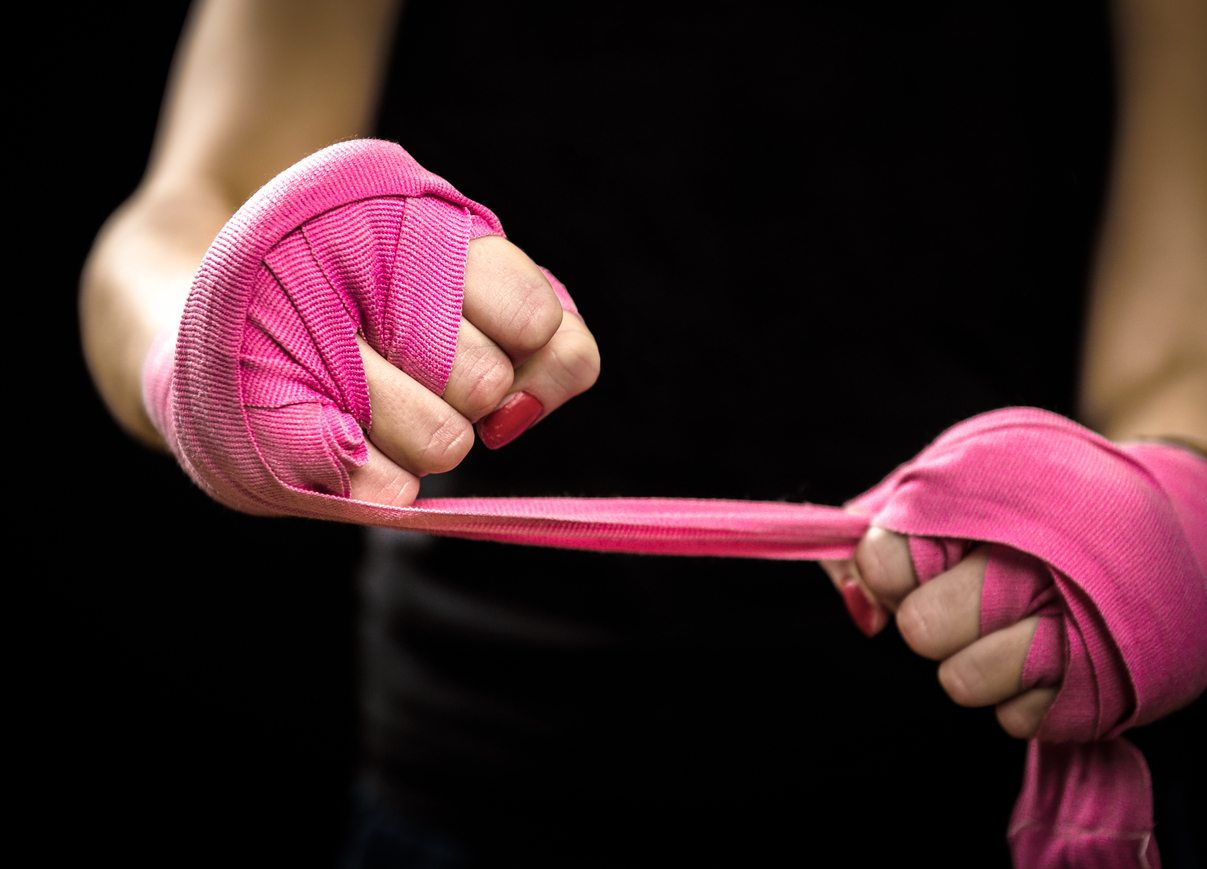
If there is one thought pattern guaranteed to make us feel unhappy, it is victimhood. When we feel persecuted, or deliberately wronged the obvious conclusion
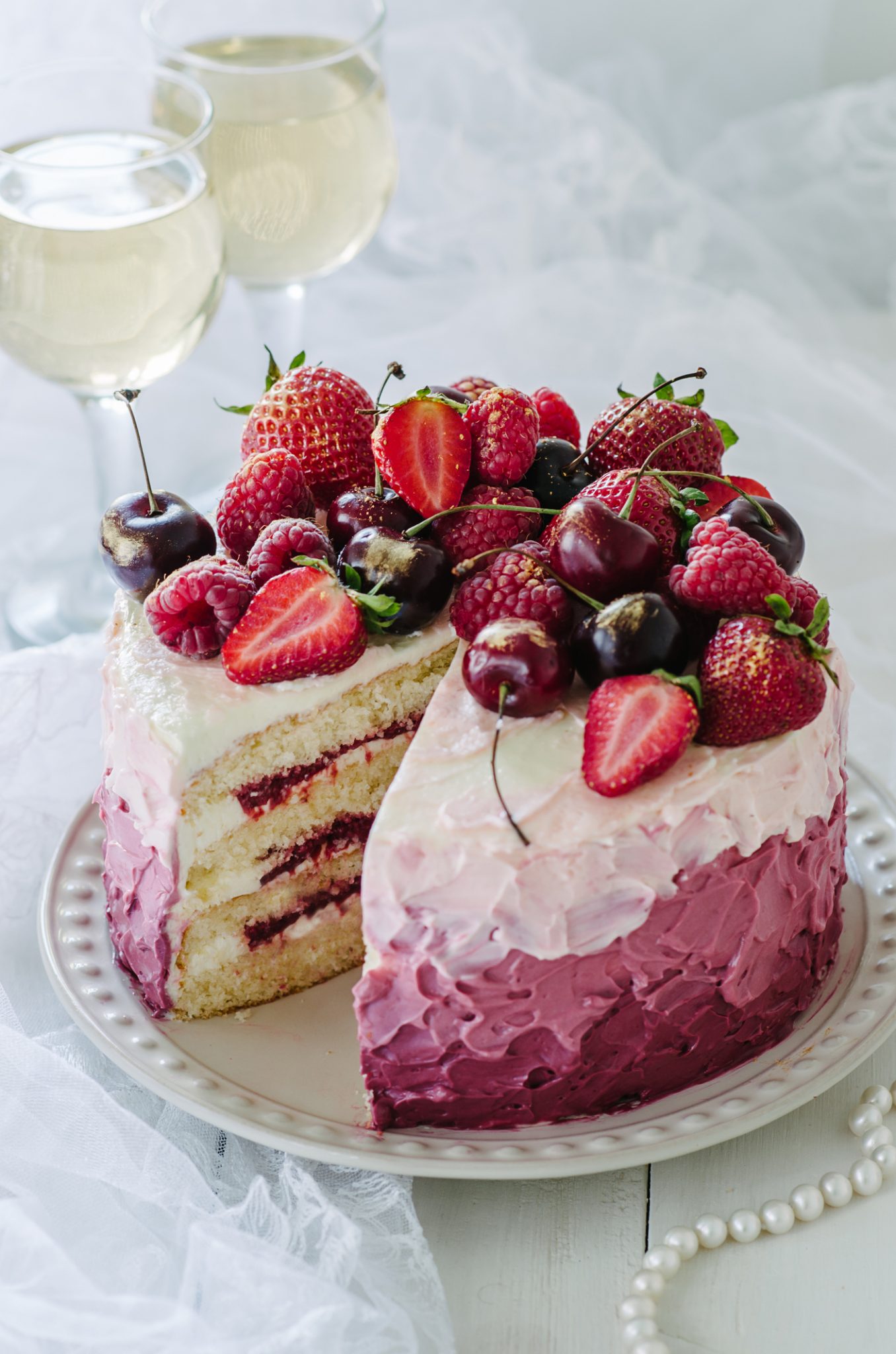
Let’s talk about Guilty Pleasures. Snatched moments of pleasure tinged with a guilty “I shouldn’t be doing this“ feeling, but going ahead with the juicy,
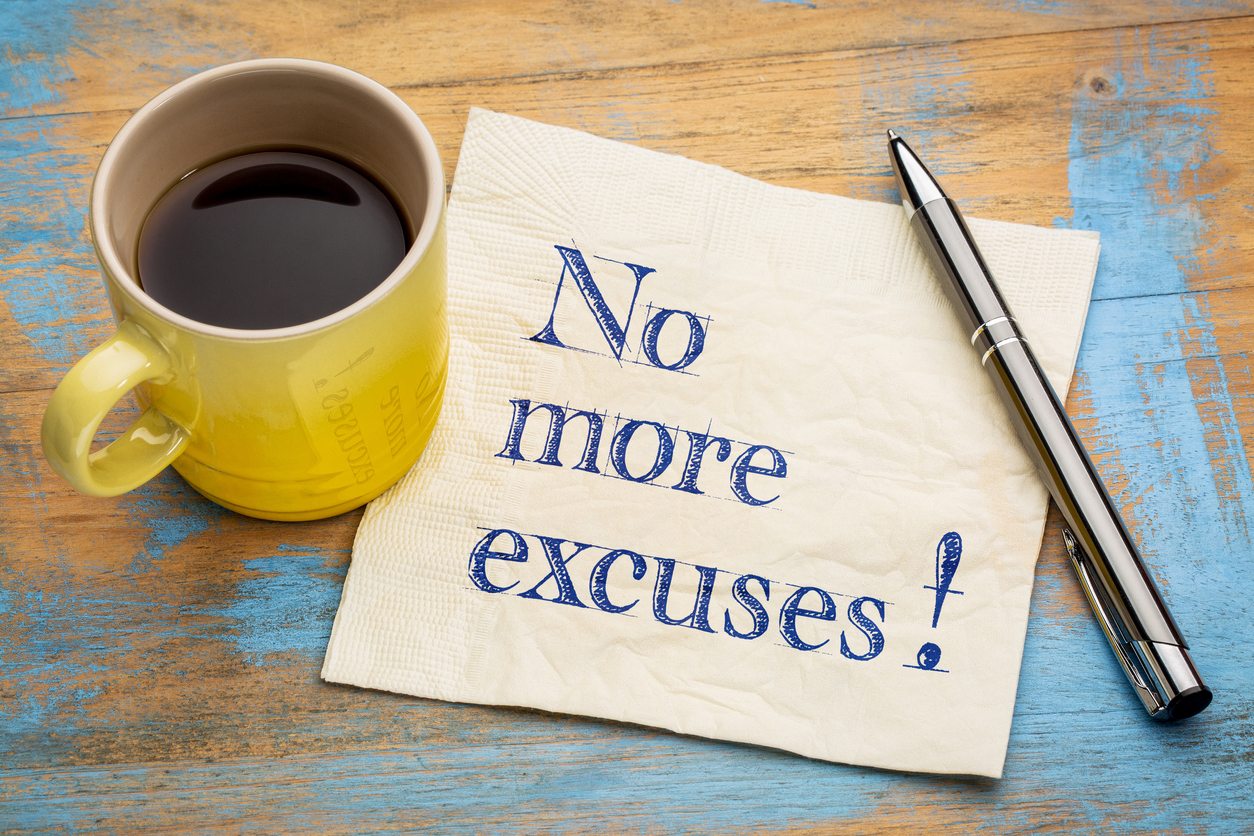
I’m gonna bust out two quotes that are going to blow your mind today. One from a multi-millionaire businessman, and one from one of my
© 2009 - 2025 Positive Balance Coaching Ltd. All rights reserved.
PRIVACY POLICY | TERMS AND CONDITIONS
This website uses cookies so that we can provide you with the best user experience possible. Cookie information is stored in your browser and performs functions such as recognising you when you return to our website and helping our team to understand which sections of the website you find most interesting and useful.
Strictly Necessary Cookie should be enabled at all times so that we can save your preferences for cookie settings.
If you disable this cookie, we will not be able to save your preferences. This means that every time you visit this website you will need to enable or disable cookies again.